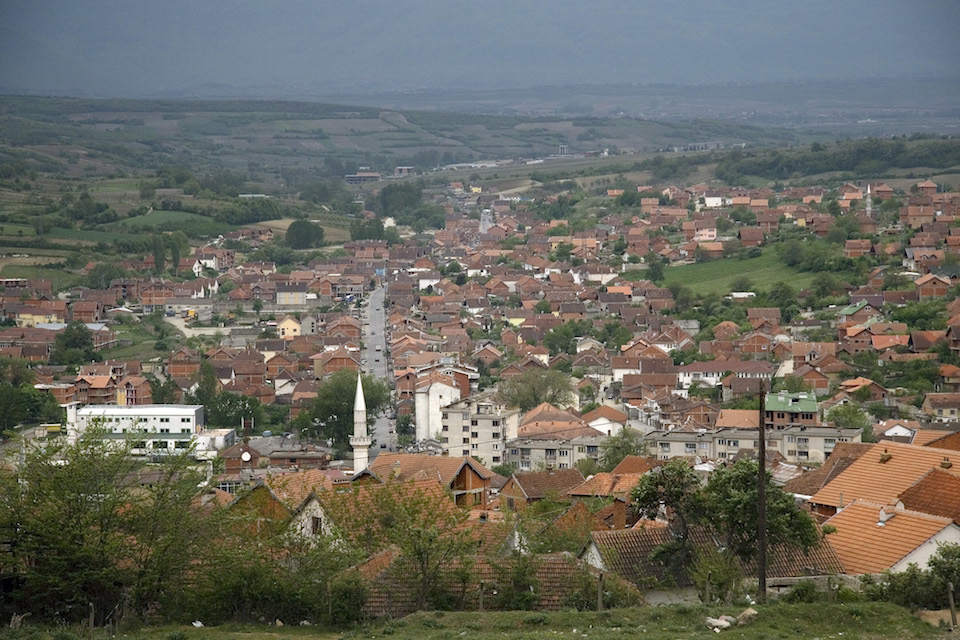"These sessions do not reflect Kosovo as it is, but Kosovo as it was."
Statement by Stephen Hickey, Counsellor at the UK Mission to the United Nations, at the Security Council briefing on Kosovo.

Thank you Mr President and thank you Special Representative Tanin for your briefing.
Let me join others in welcoming Ambassador Citaku and Minister Kuburović to the Council.
It’s been less than three months since this Council met to discuss the situation in Kosovo. As the Secretary-General’s report makes clear, it has been a comparatively quiet period; one that doesn’t warrant this Council’s attention so soon after our last session.
This period of calm is welcome; a de-escalation in tension between Kosovo and Serbia, whether in this Chamber or in the region, is something I’m sure we’d all like to see sustained.
We particularly welcome the withdrawal of the proposal to transform the Kosovo Security Force into an army. We encourage the Government of Kosovo to continue to engage with communities in Kosovo and NATO partners on any such moves.
Despite the stability of the reporting period, we are concerned by the slow progress in the EU-facilitated dialogue. We all know that the future of Kosovo will be determined in Brussels, and not in this Chamber in New York. So it’s vital that both sides re-engage and live up to their commitment to the Dialogue following elections in Serbia and forthcoming elections in Kosovo in June.
As Kosovo prepares to go to the polls, let me say that we look forward to free and fair elections and to a government that reflects the will of the people. Once formed, there is plenty to do; including continuing efforts on issues such as the Association of Serb Majority Municipalities. In that effort, they will have the UK’s fullest support.
Mr President,
While not captured in the report from UNMIK, it’s important to recognise in this Chamber the progress Kosovo has made internationally since we last met. Diplomatic relations were established with Brunei and Samoa, and Kosovo opened its first Embassy in Africa, in Senegal. And in a further sign of ever increasing international integration, Kosovo became the 181st member of the Worlds Customs Union; a move that will bring economic benefits for all who call Kosovo home.
This is progress that we rarely hear about in this Council. Instead, every three months, we are transported back nearly twenty years to a time of ethnic division; a time of fluid lines on maps. But in truth, these lines have long since been set. These sessions do not reflect Kosovo as it is, but Kosovo as it was. So let me reiterate that it is long past time for the Council to decrease the frequency of these sessions.
And just as these sessions must adapt, so too must UNMIK, so that it better reflects the present situation. We recognise the important work that UNMIK has done over many years for the benefit of Kosovo, and we welcome its activism on the Women, Peace, and Security agenda during the reporting period. But it’s time for the Mission to take a step back. As such, we are disappointed at moves to increase the budget of UNMIK this year, particularly after numerous calls in the past two sessions for a downscaling of the Mission, and especially given that additional funds are earmarked for projects that focus on issues on which EULEX is already engaged.
Mr President, given the pressures placed on the peacekeeping budget, and given Kosovo’s continued move away from instability and insecurity, the United Kingdom thinks it is long past time for UNMIK to undergo some form of reconfiguration. We look forward to receiving proposals from the Secretariat in due course.
Thank you Mr President.